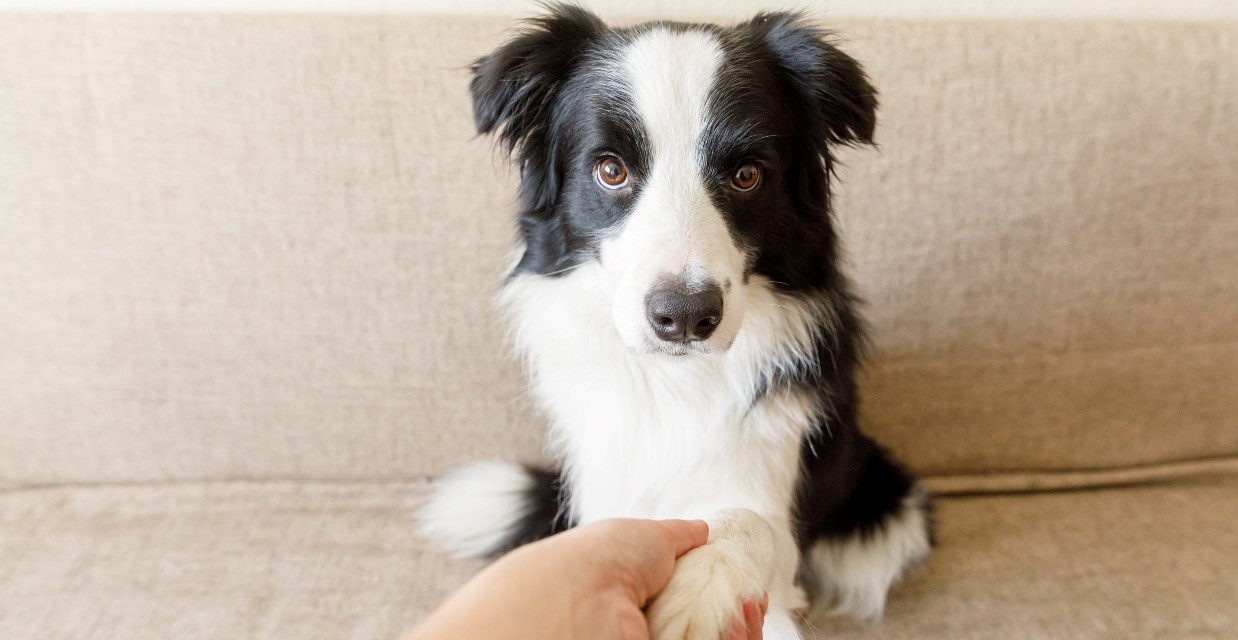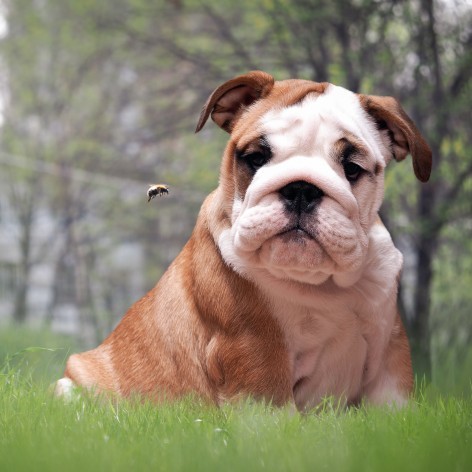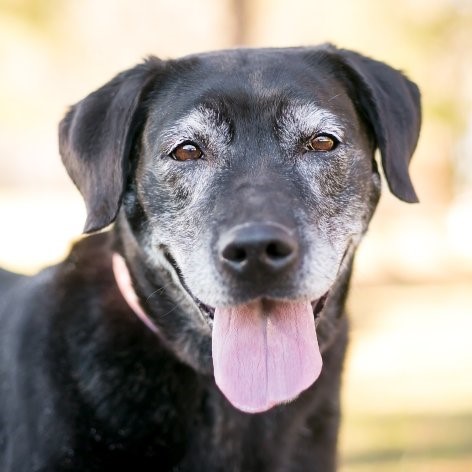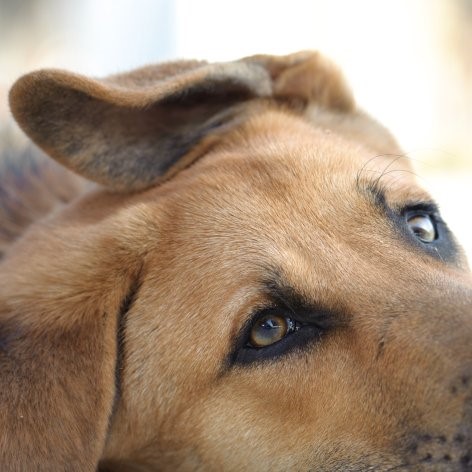The first month with a new puppy is both joyful and hard work! During this time, your new puppy is learning all about his new environment, family, routine and the world around him. So how do you ensure the first month with your new puppy runs smoothly and what does your puppy need during its first month at home?
What your puppy needs during the first month at home
The first month at home is an important time for your new puppy and their experiences during this time help set the stage for their behaviour moving forward. To give your new puppy the best start, there are a number of things they need during their first month home.
Training
You can begin training your puppy from the first day you bring them home. Foundation behaviours to teach your puppy in the first month include “sit” and to come when you call their name. Other behaviours that are recommended include “drop”, “on your mat/bed” and to toilet on command.
Positive reinforcement training is the most effective way to teach your puppy new behaviours and to reward good behaviour in general.
Positive reinforcement involves providing a positive consequence (e.g. treat) for behaviour you want to see more of.
There are several techniques you can use when training with positive reinforcement including luring - where you use a treat to lure your puppy into the sit position and then reward with a treat; or capturing - where you wait for your puppy to offer the desired behaviour (e.g. sit) and then reward the behaviour.
Capturing is a wonderful technique to use when toilet training your puppy.
Take your puppy outside regularly throughout the day.
If they toilet, repeat the phrase “do wees” or whatever other phrase you choose and immediately follow with praise and a treat when they finish. With repetition, your new puppy will soon learn to toilet on command.
Socialisation
One of the most important things your new puppy needs in their first month at home is socialisation. Socialisation refers to the learning process that occurs when a puppy is exposed to all the things (people, animals, places etc) they will encounter during their life in a neutral or positive way. Good socialisation practices during the first month with your new puppy will help to ensure they are happy and confident in their environment, and can communicate effectively with other dogs.
Vets used to recommend that you don’t socialise puppies until after their final vaccination due to the risk of contractive diseases such as parvovirus.
However most vets these days recognise that the benefits of socialisation during the first month in their new home outweigh the risk when done carefully.
Puppy classes are a wonderful way to help socialise your new puppy to unfamiliar people and other dogs as well as the vet clinic environment in a positive way.
Many vet clinics run puppy classes or can recommend one to you.
Make sure you book ahead though, as classes are popular and spaces are often limited.
Vet check
When your new puppy is between 10 and 12 weeks old they are due for their second vaccination. It’s important to attend this appointment to ensure your puppy remains healthy. Visiting the vet clinic is a great opportunity to help build a positive association with vet visits.
Take some treats with you and reward your puppy throughout the visit.
Practicing this at every vet visit can help minimise fear and/or anxiety in response to vet visits.








